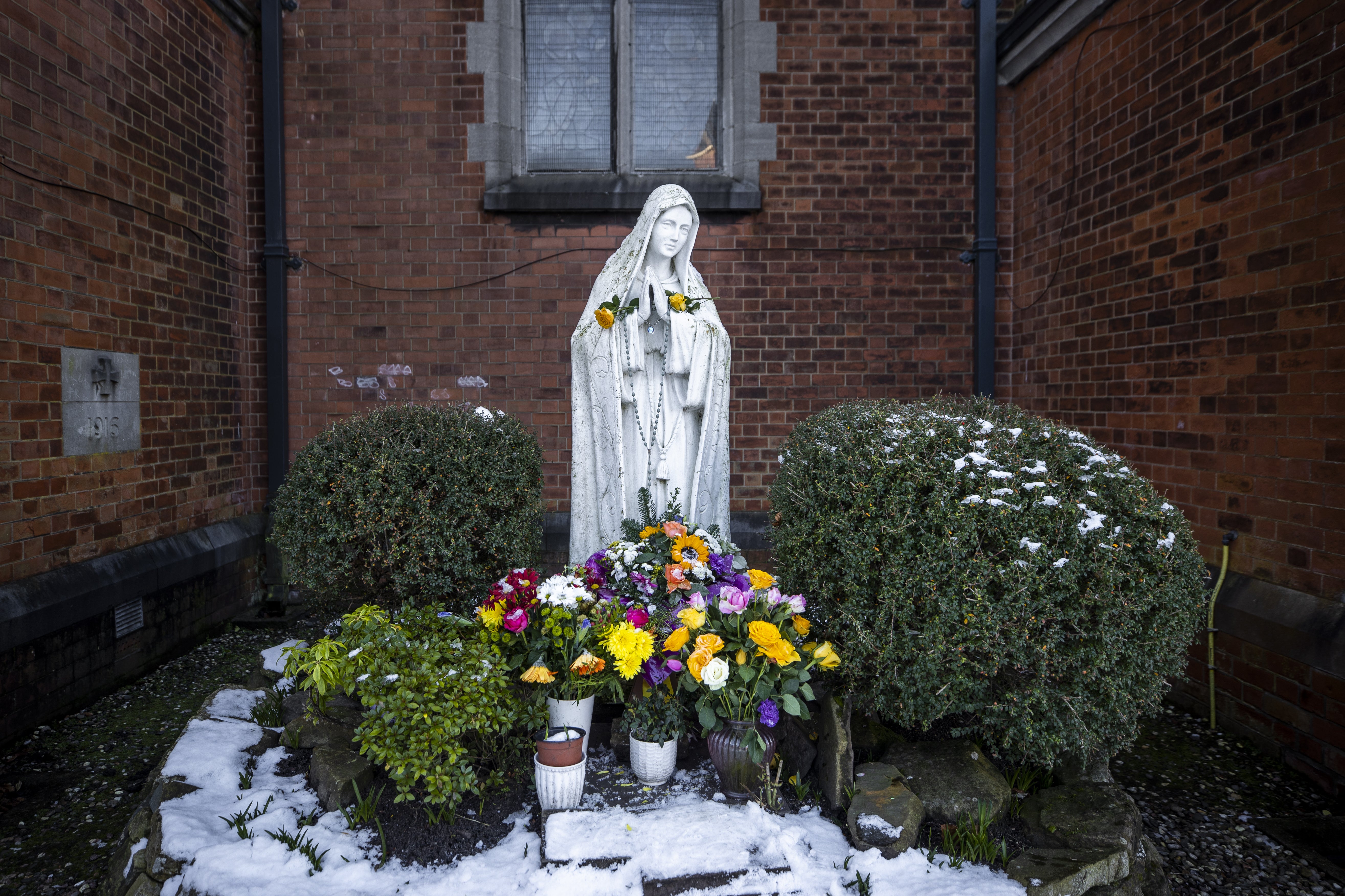Review of redress process for historical institutional abuse survivors welcomed
Some applicants described the redress process as retraumatising.

Your support helps us to tell the story
From reproductive rights to climate change to Big Tech, The Independent is on the ground when the story is developing. Whether it's investigating the financials of Elon Musk's pro-Trump PAC or producing our latest documentary, 'The A Word', which shines a light on the American women fighting for reproductive rights, we know how important it is to parse out the facts from the messaging.
At such a critical moment in US history, we need reporters on the ground. Your donation allows us to keep sending journalists to speak to both sides of the story.
The Independent is trusted by Americans across the entire political spectrum. And unlike many other quality news outlets, we choose not to lock Americans out of our reporting and analysis with paywalls. We believe quality journalism should be available to everyone, paid for by those who can afford it.
Your support makes all the difference.The start of a review of the redress process for victims and survivors of historical institutional abuse has been welcomed.
Compensation is being paid to people harmed in residential homes run by religious orders and the state in Northern Ireland following the opening of the fund last year.
By the end of November, 2,199 applications had been received by the Redress Board; determinations totalling £32.2 million had been made and some £28.8 million paid out in redress.
However many abuse survivors have contended the process of applying for the redress has retraumatised them.
On Wednesday, First Minister Paul Givan and deputy First Minister Michelle O’Neill confirmed that a review of the process had commenced.
“Victims and survivors of historical institutional abuse have endured dreadful pain throughout their lives. We owe it to them to ensure they not only get the compensation they deserve, but that the process to receive redress is designed and equipped to meet their needs,” Mr Givan said.
Ms O’Neill added: “Thousands of victims and survivors have made applications for redress and we know there are many more who have yet to come forward. We must listen to, and act on, the voices and experiences of those who have been through the process to ensure it is compassionate and fit for purpose.
Fiona Ryan, Commissioner for Survivors of Institutional Childhood Abuse, also welcomed the start of the review.
Giving evidence to the Executive Office’s oversight committee, she said the review of the redress process should be progressed in parallel with preparations for the full public apology to survivors with resources allocated appropriately in recognition of the urgent nature of these matters,
“Victims have waited long enough and it’s incumbent upon the Executive to deliver on these commitments,” she said.
A public apology is among the recommendations in the report following the Historical Institutional Abuse Inquiry five years ago.
Ms Ryan told MLAs there were mixed views regarding the apology, with some demanding an apology while others felt there was no point.
“Nonetheless the inquiry acknowledged that even with the spectrum of views that they were recommending that the Northern Ireland Executive and those responsible for each of the institutions investigated where systematic failings were found should make a public apology,” she said, adding that of those she has spoken to that don’t seek an apology, they recognise its importance to others.
“This is about survivors, it’s about their lives, it’s about acknowledging what happened to them. It’s about state and the institutions being accountable.”
The commission has been operating for one year, in which time Ms Ryan said they have received over 519 inquiries, half of which related to redress.
She said a year on, she wants to reach out to abuse survivors living in Great Britain.
“I recognise that we need to do more to increase awareness and I’m raising the need for the Executive Office and the need to provide an integrated awareness raising campaign that reaches out not only to survivors here in Northern Ireland but also in Britain and in the Republic of Ireland ” she told MLAs.
“I further advised the Executive Office to consider and implement this campaign as a priority in order to publicise redress services and our office and I have been told by the Executive Office in response that it has started scoping a publicity campaign and will be focusing on it in the new year.”
Committee chair Sinead McLaughlin issued an apology to victims after the evidence session was cut short when the number of MLAs in attendance fell below the required quorum.
“I am embarrassed by what took place today – it should never have happened,” she said in a statement after the meeting.
“What kind of message does this send out to survivors, who have been often left feeling let down and abandoned during their quest for truth and justice? We were dealing with issues around an apology and redress at this meeting, which need to proceed with the utmost urgency. Victims should not have to wait a minute longer and certainly not because MLAs did not turn up to committee, or left during a presentation.
“While I understand the time of year and many MLAs have busy schedules it’s completely unacceptable that this happened.”